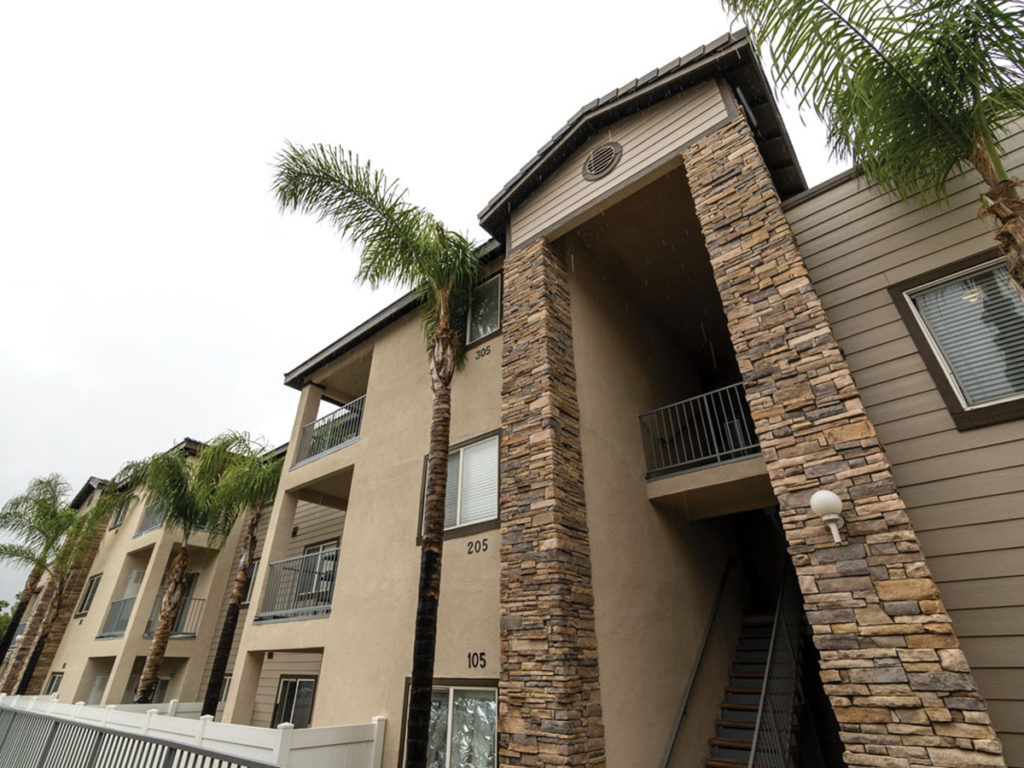With the stay-at-home order affecting California residents’ incomes, Governor Gavin Newsom has proposed a two-month rent delay in an attempt to placate those who are on rent strikes. However, he fails to recognize the problematic nature of this proposal, as it will only plunge tenants into further debt once the delay has ended. As a result of this order, more people will be found homeless and starving by the end of this pandemic.
The order that Governor Newsom has proposed fails to forgive rent once the pandemic is over. Instead, the debt is going to be built up with the expectation of tenants eventually paying it back once everything is over. In addition to this, evictions will also resume once the stay-at-home order is lifted. While unemployment continues to rise, debt will increase but income won’t. With the potential increase of people unable to pay rent, landlords will have to evict masses of individuals, only feeding into an increasing rate of homelessness.
It’s ludicrous for the state of California to expect tenants to pay off debts when these individuals must also spend what’s left of their limited income feeding themselves. Aside from burying tenants under a mountain of payments, the order also requires individuals to provide documentation if they are unable to pay due to the virus. This poses a huge problem for the undocumented population and those involved with non-traditional employment, such as sex work. These people having to put themselves into the spotlight just because they can’t afford to go into debt is an invasion of privacy.
The cost of living in California is so high that some renters will be facing up to $20,000 in debt once the delay is over. This debt is something that would be impossible to pay for most tenants who are still struggling to afford food. It’s disturbing that people are being pushed to make life or death decisions over a crisis that is out of everyone’s control. Unlike Oakland, which has delayed evictions in addition to rent, Los Angeles County officials refused to freeze evictions and instead are making their tenants defend themselves in court. This goes to show that governments are failing to stand with the working class in times of turmoil.

To make matters worse, even if tenants are able to pay their debts, landlords would still be able to evict on the grounds of remodeling or removing properties for profit. Landlords will be evicting tenants solely to cash in and recover from their own financial losses due to the virus. Governor Newsom has framed this issue like it’s one group versus the other, and that no matter what, someone is going to take a loss. The government needs to take accountability for the multiple lives they are affecting, so that they can minimize the homeless problem they could be dealing with in the future. Forcing people to choose between paying rent and starving, or paying for food and living on the streets is undeniably immoral.
Many groups in Southern California and Northern California are staging rent strikes, especially groups in L.A. County pushing for the same moratorium that Oakland has passed. Evictions should be prohibited statewide, and there should be rent forgiveness instead of just a delay. In order to relieve both landlords and tenants of financial strain, a large security check should be granted to landlords so that they don’t feel the need to keep charging for rent once the stay-at-home order is over in order to regain lost profit. With this implemented, renters can spend their stimulus check stress-free on more essential things. On a larger scale, this is a chance for the federal government to show that they are on the people’s side. They need to give back more to its hard working citizens instead of multinational corporations..
On the surface, Newsom’s proposal seems like the ideal solution for many tenants. However, examining its long term effects, it’s clear that this proposal will do more harm than good. The government needs to do more than choose between two hard working groups on the basis of who has to carry the biggest financial burden.








